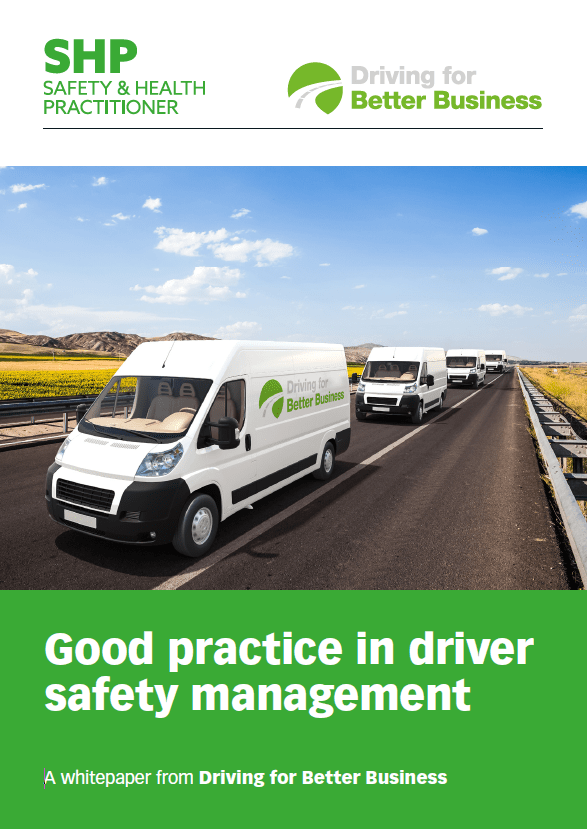Network Rail is to face prosecution for a breach of health and safety law, which led to the derailment of a train near Grayrigg, Cumbria in 2007.
The high-speed train, which was travelling between London Euston and Glasgow Central on 23 February 2007, derailed on the West Coast Mainline near Grayrigg, with 109 people on board. Eighty-six people were injured and one passenger, Mrs Margaret Masson, was killed.
The Office of Rail Regulation (ORR) announced today (13 January) that it has started criminal proceedings against Network Rail following the conclusion of its investigation into the incident, and the completion of the coroner’s inquest into the death of Mrs Masson in November.
The rail operator is facing a charge under section 3(1) of the Health and Safety at Work, etc. Act 1974. The alleged breach results from the company’s failure to provide and implement suitable and sufficient standards, procedures, guidance, training, tools and resources for the inspection and maintenance of fixed stretcher-bar points.
Ian Prosser, director of railway safety at the ORR, said: “Following the coroner’s inquest into the death of Mrs Masson, I have concluded that there is enough evidence, and that it is in the public interest, to bring criminal proceedings against Network Rail for a serious breach of health and safety law, which led to the train derailment.”
He added: “My thoughts are with the family of Mrs Masson and those injured in this incident. ORR will do everything it can to ensure that the prosecution proceeds as quickly as possible.”
Following the conclusion of the inquest last year, Network Rail’s managing director of network operations, Robin Gisby, apologised to Mrs Massons’s family, adding that the company “quickly accepted that it was at fault with the infrastructure that caused the accident”.
He continued: “Since the derailment, Network Rail has worked closely with the authorities, conducted comprehensive and detailed investigations, and made substantial changes to its maintenance regime. Today, there is no safer form of travel than rail and it is important that the rail industry seeks ways to make it safer still.”
Nevertheless, 2011 was not a good year for the company’s reputation on health and safety. In May, it was fined £3million over the Potters Bar derailment in 2002, while, in July, its health and safety performance was heavily criticised in a damning report from the ORR.
It was also fined £80,000 in October, over an incident in which a train hit a collapsed public footbridge and came off the rails, injuring the train driver and all the passengers on board.
However, the RMT union said the prosecution should not deflect attention away from the ORR, over cuts to railway investment.
Its general secretary Bob Crow said: “There remain systemic problems, which have failed to be addressed since this derailment, and they have been compounded by the ORR-driven cuts regime and the looming threat to jobs of the McNulty rail review.
“This prosecution does not let the ORR off the hook for their role as the driver of the cuts that are still ongoing, and RMT repeats its call for an urgent public inquiry that establishes all the facts and which looks at the whole culture of penny-pinching and short-staffing that is prevalent on the railways.”
The first hearing over Grayrigg is due to take place at Lancaster Magistrates’ Court on 24 February.
This eBook will guide you through some of the key understandings you need to be able to manage driver safety effectively and, at the end, provide a series of free resources you can access to help you ensure your own driver safety management system is robust, legally compliant and in line with industry-accepted good practice.
Download this eBook from Driving for Better Business and SHP to cover:
- Why do we need to manage driver safety?
- Duty of care – a shared responsibility;
- Setting the rules with a driving for work policy;
- Managing driver safety;
- Ensuring safe vehicles;
- Safe journeys and fitness to drive;
- Record keeping;
- Reporting;
- The business benefits of good practice;
- Additional resources

